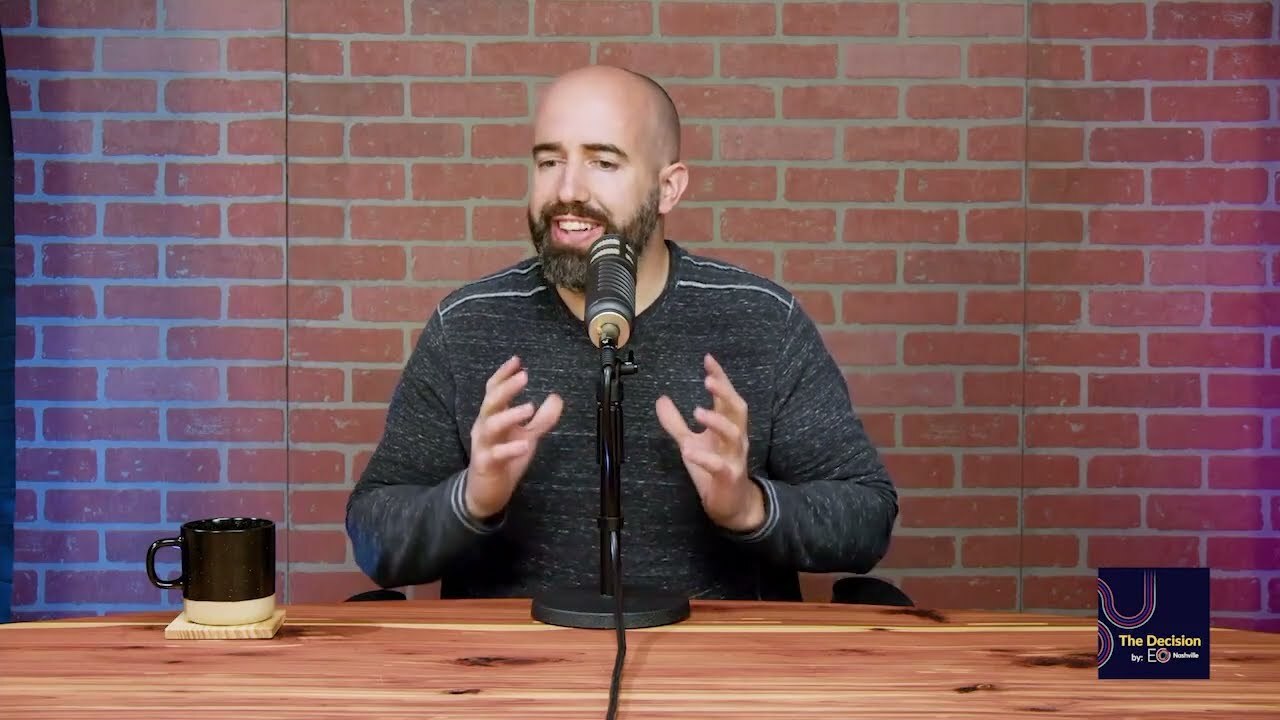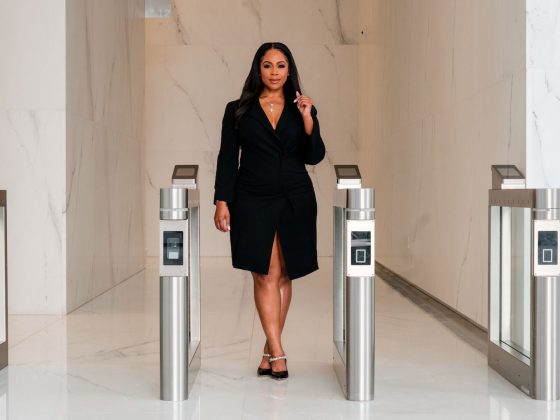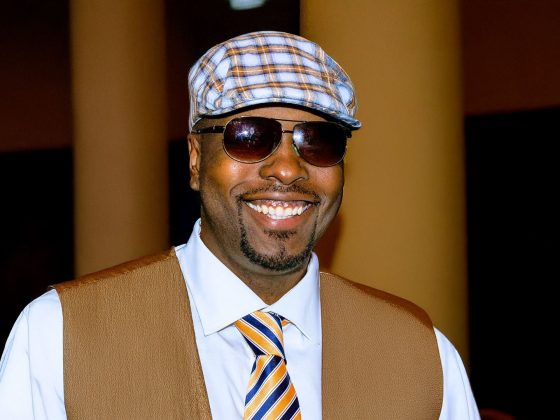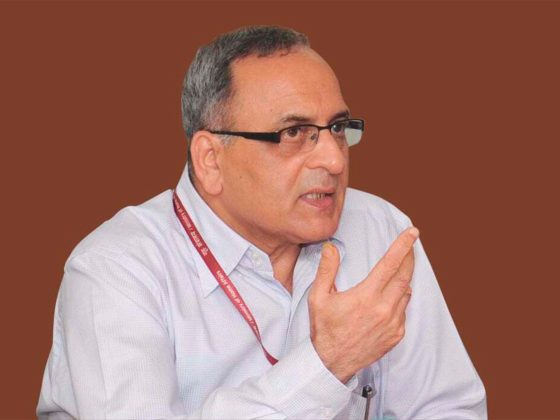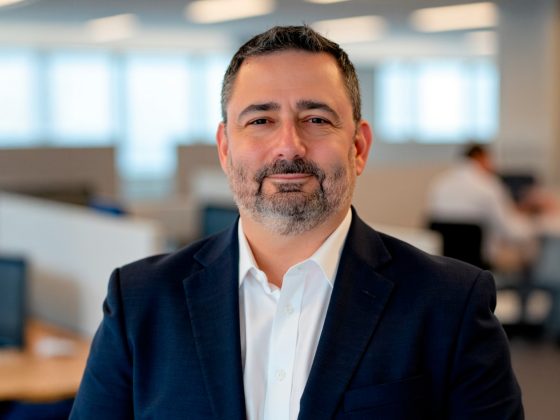Most construction projects that fail share a common flaw. They begin before everyone agrees on what success actually means. Leon Leinbach learned that lesson early in his career managing complex construction and development projects. Today, his focus is on something the industry often overlooks: the idea that you can deliver projects on time, under budget, and still build something that makes a real difference in the community. For him, it is not a choice between profit and impact. It is about understanding how the two can strengthen each other when the fundamentals are done right.
Begin With A Clear Scope And Align Expectations
Leinbach has seen many projects fall apart because no one pinned down the details at the start. “Every successful project starts with clarity,” he says. A handshake and a rough estimate are not enough. “Clearly define the scope, timeline, and budget with all stakeholders upfront and document everything.” That last step, documentation, saves more projects than most people realize. Six months later, when someone remembers a conversation differently, you need something concrete to reference. “Misalignment early leads to costly delays later,” Leinbach explains. Working from different assumptions is one of the most expensive mistakes you can make. “Make sure contractors, clients, and teams are using the same playbook from day one.” It may sound basic, but that is exactly where most projects stumble.
Plan For Profit Through Smart Cost Controls
Many project managers believe that cutting costs means using cheaper materials or pushing subcontractors harder. Leinbach takes a different view. “Profitability does not come from cutting corners; it comes from disciplined planning,” he says. The real money is made or lost in how a project is managed as it unfolds, not in the initial bid. Tracking costs in real time changes everything. When you can see issues developing, you have the chance to correct them before they grow. “Leverage real-time cost tracking, value engineering, and proactive procurement strategies,” Leinbach advises. At the same time, forward thinking is essential. “Know where the risks lie and build contingency plans,” he says. Every project will throw curveballs, but the best managers anticipate them. “Tight controls create more predictability and stronger margins.”
Lead With Relationships, Not Just Contracts
A contract defines what happens when things go wrong. Relationships often determine whether they go wrong in the first place. “Strong project management is built on trust,” Leinbach says. When you build real connections with subcontractors, suppliers, and stakeholders, problems are solved before they turn into crises. “Develop strong relationships with subs, suppliers, and stakeholders. Communicate early and often,” he advises. Talking through potential issues before they escalate makes everything easier. Waiting until a crisis hits only makes people defensive. “When you build a culture of transparency and collaboration, challenges get solved faster, and your reputation grows stronger,” Leinbach explains. That reputation pays off for years. Subcontractors who trust you return your calls. Suppliers work with you on pricing. Clients refer new business. In the construction world, that kind of trust is worth more than any contract.
Design With A Long-Term Impact In Mind
Profit matters. Bills do not pay themselves. But Leinbach always looks at what comes after the ribbon cutting. “Profit is essential, but lasting impact is what builds legacy,” he says. The buildings that stand the test of time, the ones still working well decades later, are the ones worth talking about. “Focus on quality, sustainability, and functionality.” Every project tells a story about the people who built it. Cheap shortcuts say one thing; thoughtful construction says something else entirely. “Whether it is a residential build or a commercial site, think about how the space serves people, adds value to the community, and holds up over time,” Leinbach advises. Your name stays on these projects long after you have moved on, so make sure they age well.
None of this is complicated. Most people in the industry already know it. The hard part is doing it when deadlines are tight and budgets are under pressure. “Managing construction projects for profit and impact is not a balancing act, it is a strategy,” Leinbach says. Stop treating profit and quality as competing goals. “When you align clear planning, financial discipline, and strong relationships with a focus on long-term value, the results speak for themselves.” Projects succeed when everyone involved wants them to succeed. Quality stays high because teams are not rushing to meet arbitrary deadlines. Communities benefit because someone cared about more than just finishing fast and getting paid. Construction needs more of this mindset—projects that serve everyone involved and buildings that stand strong for decades, not just long enough to pass inspection. “Let’s keep building with a purpose,” Leinbach says. Simple advice, but powerful when you actually follow it.
Follow Leon Leinbach on LinkedIn for more insights on profitable, purpose-driven construction management.
